Questioning His Decision
He was encouraged by his psychiatrist the begin his gender reassignment by taking pills that would stop the production of testosterone. He asked the psychiatrist why he was being prescribed this treatment when she hadn't taken his mental issues into account.
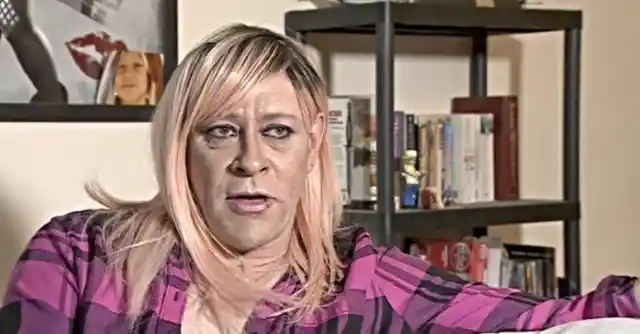
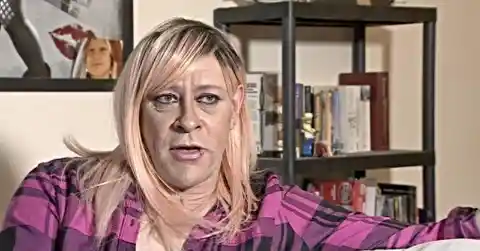
He didn't push any further due to his age and how vulnerable he felt. He changed his name after he began his gender treatment and identified as a woman. By the end of the procedure, he found himself questioning his decisions.
Riley Edwards
When Riley Edwards made the brave decision to undergo gender reassignment, he only wanted to finally live in a body he felt connected with.


His life had been a series of ups and downs, with the latter taking on more weight than the former. For the longest while, he was convinced gender reassignment was the answer to his problems. It would be too late when he found out he was wrong.
Living In London
Riley is your average Londoner living in Bexley under the care of his sister Marion and her husband, Cliff. Now living as a man, Riley spent his late twenties as a woman named Denise, only choosing to become a man again after a string of unfortunate events.
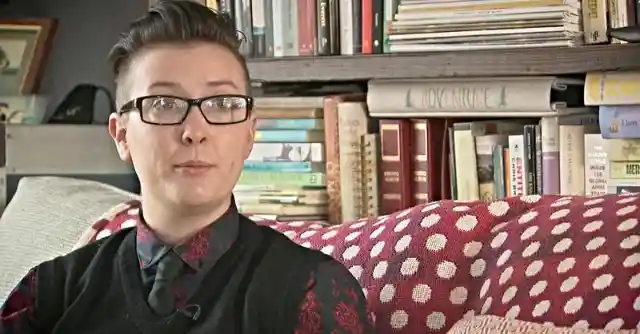
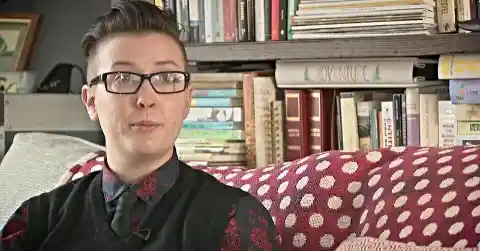
Now sharing his story with the world, he hopes that the many people across the globe looking to take part in gender reassignment consider his experience before making the life-altering decision.
His Childhood
Riley was born in London in the late eighties to a nurse mom and a dad who owned a butchery. His life wasn’t the prettiest, especially after losing both parents to a freak accident at five.


Living with his sister Marion, a young adult working and living in Bexley at the time, Riley would go through some of the most challenging mental battles in his life.
Questions
Riley found out he had questions about his sexuality in his teenage years. He worked hard to suppress these feelings, ending up with anxiety and depression.


He also developed obsessive-compulsive disorder due to repetitive behaviors he engaged in to mask his true self and unhappiness. As grave as all these disorders were, they’d only form the start of his life-long problems.
Gender Dysphoria
Riley happened upon gender dysphoria while looking for help on online forums in his early twenties. Gender dysphoria is the sense of unease someone may have due to a mismatch in their gender identity and biological sex.


For Riley, the idea of gender dysphoria seemed to explain everything he was going through. The people he met on those forums convinced him he might be trans, thrusting him into even more confusion.
Seeking Professional Help
Fighting alone in such a world, Riley did the only thing he could: seek professional help. The offices he visited referred him to a doctor who didn’t refute his belief that he had gender dysphoria.


The doctor sent him to the Northern Region Gender Dysphoria Service, under Cumbria, Northumberland, Tyne & Wear NHS Foundation Trust. That’s where Riley’s problems would take a life of their own.
An Appointment
Securing an appointment was a long and arduous process, but convinced that he needed to see everything through, Riley managed to see one of the program’s psychiatrists.


He attended two appointments under the same doctor before she diagnosed him with transsexualism. Riley accepted his diagnosis, although he couldn’t help but find it odd that each of those appointments had been under thirty minutes.
The Way Forward
The psychiatrist encouraged Riley to start his gender reassignment as soon as possible, recommending pills that would halt his testosterone production. Of course, Riley explained his mental issues, asking the psychiatrist why she was pushing for gender treatment without looking at the complete picture.


But given how young and vulnerable he was, Riley didn’t push more than that. He began his gender treatment, identified as a woman, and changed his name to Denise. He’d come out of the final procedure asking himself one question: “What have I done?”
What To Do
The process of gender reassignment is a long and complicated one. Divided between taking prescription pills and a series of surgeries, it takes many months to complete and demands massive mental strength.


Riley tried his best to stall the second part of the process, knowing that once he crossed the surgery threshold, there was no coming back. But stalling would have its undesired consequence.
A Confusing Time
Riley turned down the first surgery offer, claiming he wasn't ready for the life-altering step. He was still unsure whether he wanted to change his gender fully.


The hormone pills he'd been taking were already changing his body, making him appear more feminine. But although he couldn't bring himself to leave the program, he also couldn't opt out because of one crucial reason.
His Reason For Staying
Riley had been in the reassignment program for months now. But his reason for sticking around was different than most people's reasons for staying. In the time he’d been part of the program, he'd been receiving therapy to help him cope with his mental issues.


He felt strongly that those sessions were his lifeline in his dark world. Although he was unsure about going through with surgery, he knew he couldn't leave because of the therapy. But trouble was already looming ahead.
Turning It Down
A few months passed after Riley turned down his first chance at the reassignment surgery. His assigned doctor talked to him about a second chance, insisting that Riley considers it.


But Riley was still battling with the same thoughts as before. Although he was still taking the hormone pills, he wasn't sure if he wanted to continue with surgery.
A Line To Be Crossed
"There was a finality to it that I feared," he shared. "It was a line I feared crossing." When asked why, he said, "Some things are irreversible. Once you cross that threshold, you must now commit."


Regrettably, the program would begin pressuring him to start the surgeries. When he maintained that he was unsure, they came after the only thing keeping him sane.
The Stakes
"They threatened to kick me out of the program," Riley said. "It was either I continued with the process or step away completely."


Seeing that the therapy sessions were the only thing keeping him afloat in this suffocating situation, Riley keeled to the pressure. But unknown to him, someone was coming to his aid.
His Sister Is Watching
Riley's sister, Marion, closely followed his progress throughout the program. But given how Riley was secretive about everything, no doubt trying to protect her from his pain, she never told him that she was watching.


She'd seen him smile for the first time in many years because of the program. But behind these smiles were the vacant stares of a hurting man. Marion didn't know what to do.
Detective Marion
As the weeks counted, Marion realized things were more complicated than they seemed. Her little brother was going through a very difficult time, perhaps even more difficult than he was letting on.


As any loving sister would, she began digging into the program. She met with some program heads, learning more about what was happening. It was then that she discovered the harsh truth.
Digging Deeper
Meeting with some of the program heads as someone who wanted to join the process, Marion learned that the doctors had little to no regard for patient welfare.


They were pushing for gender reassignment surgeries without fully diagnosing their patients. The way they saw it, whoever participated in the program wanted only one thing.
Her Findings
"I discovered that the program was only there to do one thing, facilitate gender reassignments. Simply put, it didn't seem to care about the patients' problems that might've been influencing their decisions.


To make matters even worse, the larger population in the program was a younger demographic of highly impressionable young adults. "They didn't know what they were signing up for."
Seeing From His Perspective
Starting to finally understand why her brother seemed lost in a part of his life where he should have been happy, Marion confronted him.


What she'd uncovered in the program was enough for her to convince Riley to at least halt the procedures. But confronting him, she discovered that everything wasn't as black and white as she thought.
He’s Been Stalling
Marion had enough evidence to pull the plug on the entire operation. She had always been responsible for Riley, and although she knew this was what he wanted, she couldn't let him continue without first considering everything.


But while speaking with him, she found out that he'd been stalling for months, unsure about the surgeries. Her eyes would flow with tears when he opened up.
Understanding Him
Riley explained his problem to Marion. He told her about how happy he was with the process at first, especially the therapy sessions, which made him feel less alone.


He also explained the surgery portion of the process and the threats he'd received from the program. They would kick him out if he didn't continue with the process. He was distraught.
What He Needs
Marion asked Riley what he wanted to do, and he replied that he needed those therapy sessions. The program was adding more pressure, informing him that they'd take him off their list if he kept turning down surgery opportunities.


Seeing how far he'd come and how much the program had done for him, Riley did the worst thing he could for himself. He succumbed to the pressure.
Thinking It Through
Riley had turned down two different surgery opportunities before finally giving in. He'd only stayed in the program for this long because of the mental therapy he got alongside the procedures.


"Those therapy sessions were my lifeline," Riley shared. "I was battling many self-worth issues at the time, feeling like I wasn't even supposed to be alive." The program informed him that he could continue therapy only if he participated in the surgeries.
Another Alternative
Riley and Marion tried to find alternative ways to solve their issue. But regular therapy was far too expensive for them.


With Riley making the final decision, they opted to continue with the gender reassignment program. The final floodgates holding back their problems were about to burst open.
Succumbing To The Pressure
Before they knew it, nurses wheeled Riley to the operating room for irreversible surgery. "I didn't even see the surgeon," he shared. "I was very much in the mindset of "I'm here now, there's no stopping it even if I wanted to."
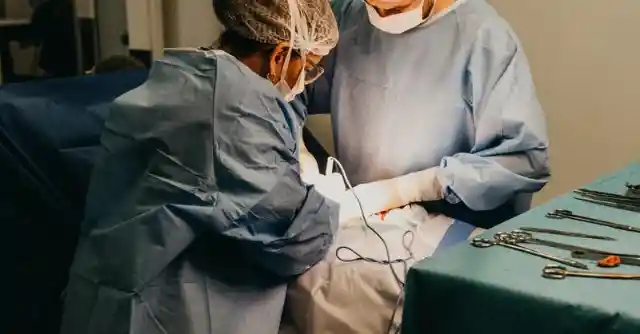
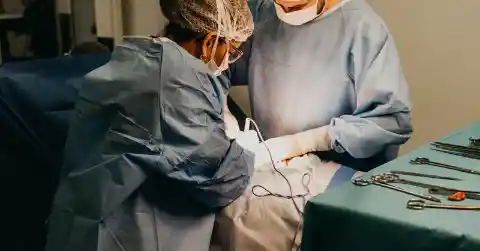
Before they knew it, nurses wheeled Riley to the operating room for irreversible surgery. "I didn't even see the surgeon," he shared. "I was very much in the mindset of "I'm here now, there's no stopping it even if I wanted to."
His Life Now
Riley's life has become almost unbearable, with his health digging into his job as a civil servant and personal life. "It takes me about ten to fifteen minutes in the bathroom while taking a short call," he said.
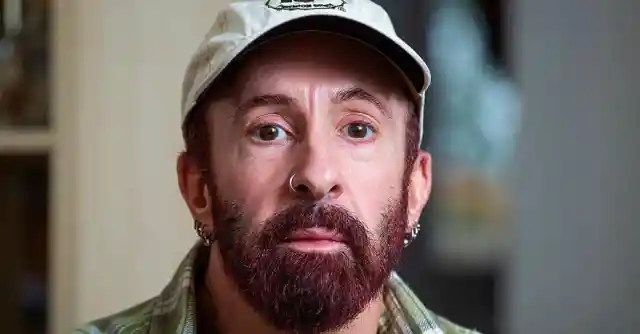
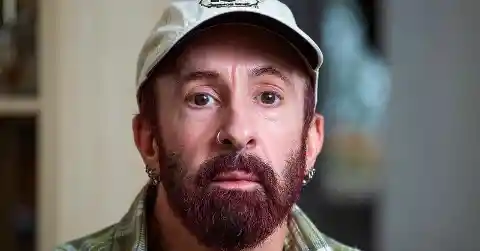
"My body is numb, shell-choked from all the procedure done to it." He is filled with regret for falling victim to a process that seemingly preyed on his vulnerability.
The Truth
As it stands, Riley is among an emerging population of individuals who took part in gender reassignment due to pressure.
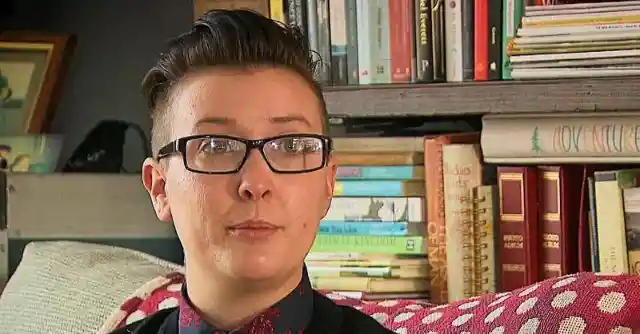
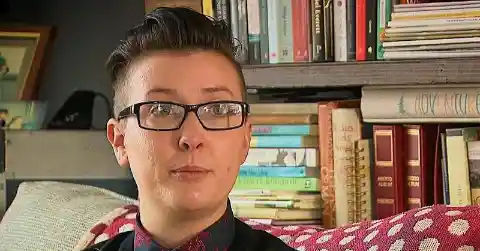
Their medical practitioners didn't consider the various factors around their patients' situations, pushing them into irreversible procedures that have ruined lives instead of saving them. Most of these individuals were misled into believing they were on the right path.
The New York Times
Derrick Hanningfield, Riley's barrister, stated that Riley and the many like him are now faced with "a lifetime of medical care and consequences."
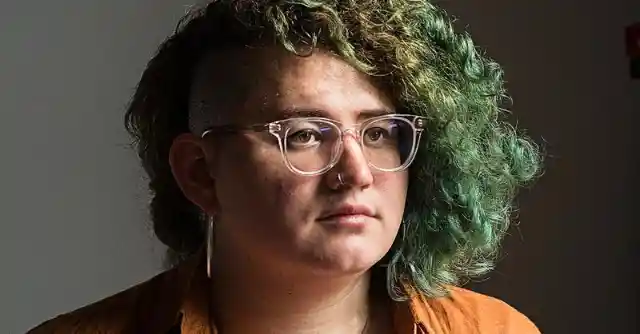
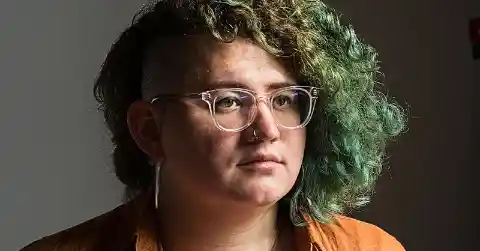
Riley is suing the program he took part in. He believes he was pushed into making "the biggest mistake of his life" that has left him "infertile, incontinent, and with ongoing pain."
A Better System
"Transition is now being sold to people on a mass scale," Riley says. "I'm proof the whole system has to become far more robust. How many more people are out there like me, vulnerable and impressionable?"


He hopes his story will encourage folk to think everything through before taking or prescribing steps they can't reverse. Disclaimer: To protect the privacy of those depicted, some names, locations, and identifying characteristics have been changed and are products of the author's imagination. Any resemblances to actual events, places, or persons, living or dead, are entirely coincidental.